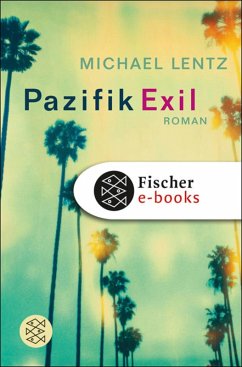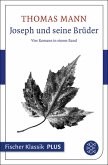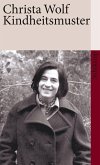Eine literarische Geschichte des Exils. Michael Lentz erzählt mit Humor, historischer Genauigkeit und der ihm eigenen Energie von dem Leben derer, die vor den Nationalsozialisten an die amerikanische Pazifikküste fliehen konnten: Bert Brecht, Franz Werfel, Lion Feuchtwanger, Thomas und Heinrich Mann, Arnold Schönberg. Dieser große Roman sammelt die Bilder der Realität und der Phantasie, die das Vergangene erfahrbar machen.
Dieser Download kann aus rechtlichen Gründen nur mit Rechnungsadresse in A, B, CY, D, DK, EW, E, FIN, F, GR, IRL, I, L, M, NL, P, S, SLO, SK ausgeliefert werden.









